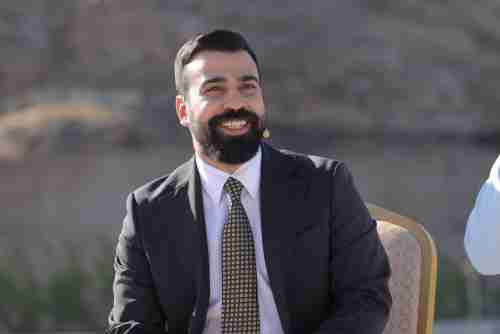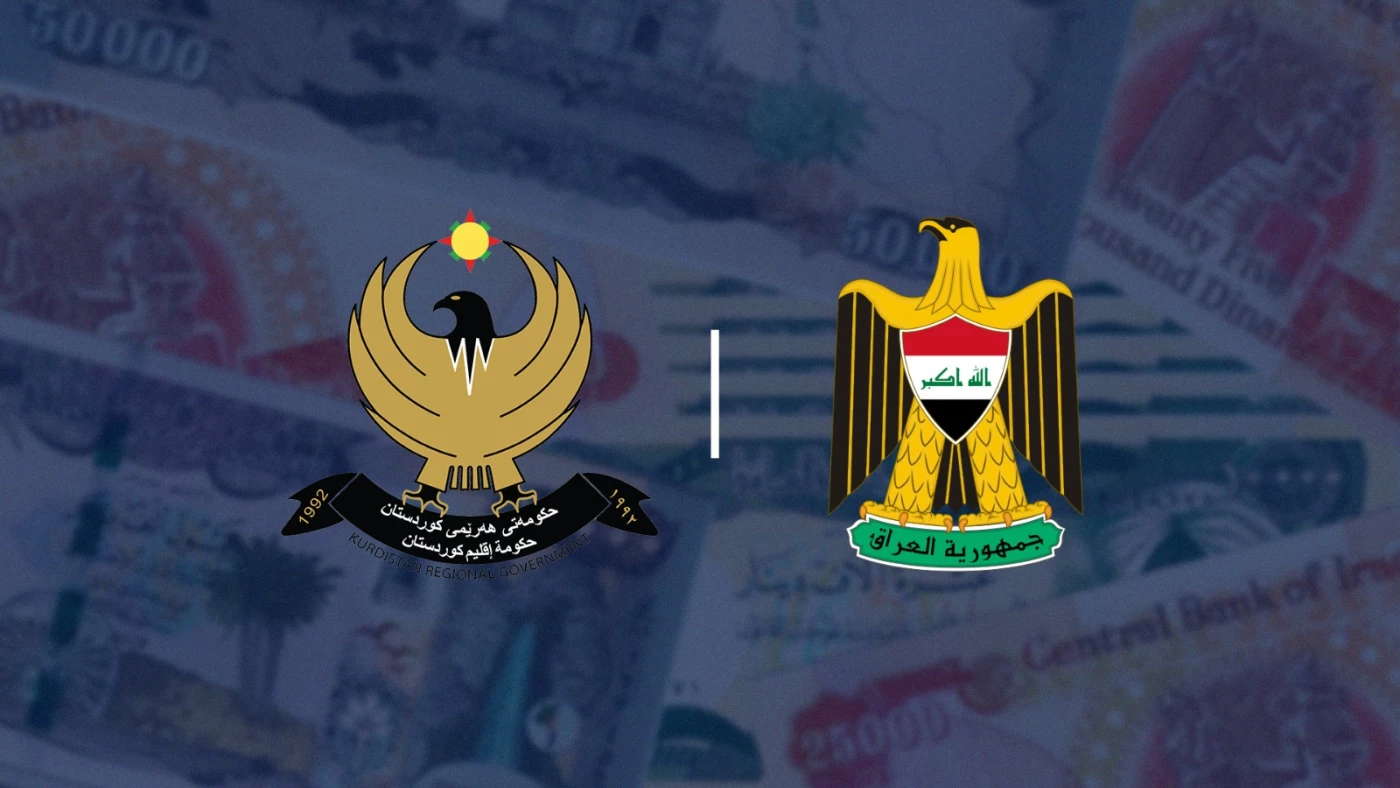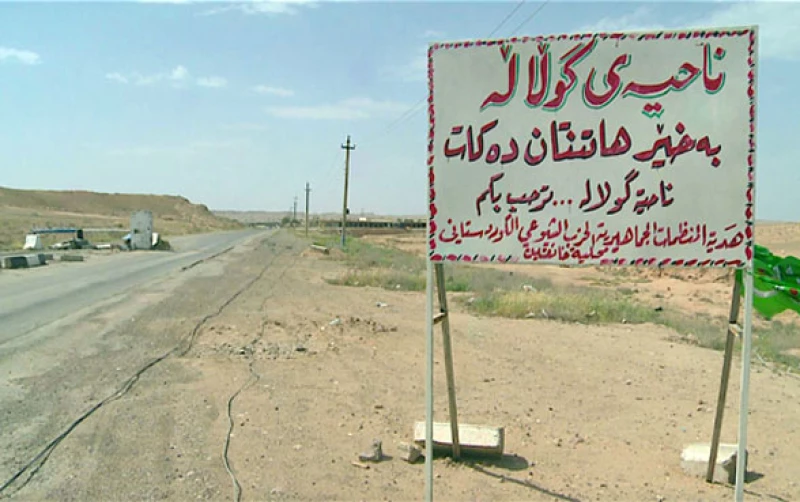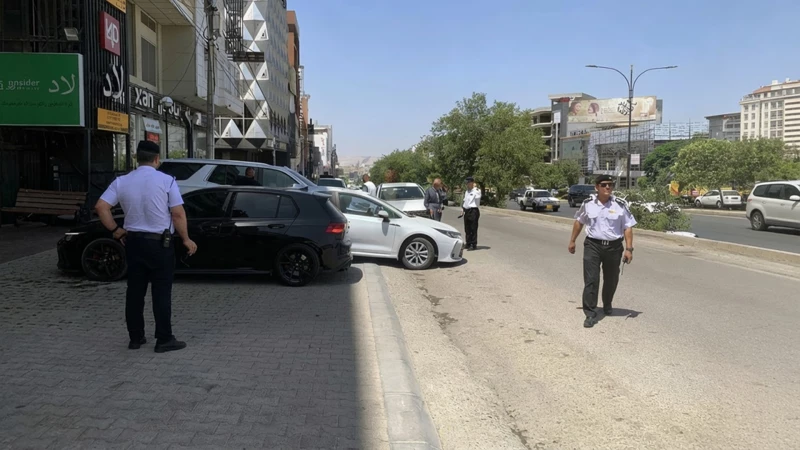ERBIL, Kurdistan Region of Iraq - Withdrawal of Kurds from the political process in Baghdad is “not impossible” if the federal government continues to not send the salaries of the Kurdistan Region’s civil servants in full, spokesperson to the Kurdistan Regional Government (KRG) told The New Region on Wednesday.
Salaries of the Kurdistan Region’s civil servants and the Region’s share of the federal budget have long been a point of contention between the federal and regional governments. As of the time of this writing, the KRG has not been able to pay its civil servants their December 2024 salaries, citing Baghdad’s refusal to send the agreed upon amount for said salaries.
Speaking to The New Region on Wednesday, KRG spokesperson Peshawa Hawramani said that for the last quarter of 2024 Baghdad sent less than two trillion dinars to the KRG for civil servant salaries, an amount that was around a trillion dinars short of the amount needed to pay the salaries of the last three months of last year, despite prior agreements between Erbil and Baghdad.
“We [KRG] had a meeting with the Iraqi high economic council, where we had an agreement that the salaries of the Kurdistan Region’s civil servants for these three months would be sent without any problems,” Hawramani said.
“The Iraqi prime minister then visited the Kurdistan Region and met with the prime minister of the Kurdistan Region and reiterated that there would be no issues in the salaries, but it is clear that they sent only 760 billion dinars for the salaries of October, for November they only sent 631 billion, and then they sent 442 billion and then another 46 billion saying this is for the December salaries,” he added.
According to Hawramani’s estimations, from the amount that Baghdad sent to Erbil for October salaries there was a 239-billion-dinar shortage, and in November there was a shortage of over 350 billion dinars, all of which had to be made up for from the amount that was sent for December salaries.
Hawramani described the current situation as “injustice done to the employees of the Kurdistan Region,” adding that Erbil has met all of Baghdad’s demands while “according to the constitution, they do not have the right to do this with a constitutional federal region.”
The Kurdistan Region has over 429,000 civil servants and more than 253,000 security force members on its payroll.
Withdrawal from Baghdad
As the country enters a new fiscal year, Erbil is insistent that the current situation cannot go on, Hawramani said on behalf of the KRG.
“The KRG has to be sent budget share, not salaries,” he said.
Hawramani said that the first step is to make sure Kurdish representatives in Baghdad, including those who hold ministerial positions, talk with the federal government in a bid to resolve this issue, but if that fails to bear fruit, withdrawal from the Iraqi political process is certainly a possibility.
“It is not a matter where we can easily say we will withdraw, but it is not impossible,” he said. “It is not something that we can say is far from happening, it could happen if this treatment continues.”
“If we know we have reached a stalemate, and they are wasting time and not respecting the agreements, constitution, and the decision of the Federal Supreme Court, then why not,” he added.
However, Hawramani stressed that for that to happen, there needs to be a consensus between all parties in the Kurdistan Region, including those who are part of the government and those who are not, adding that this is a national issue rather than Baghdad’s antagonism against certain political parties.
The Kurdistan Region's Kurdistan Democratic Party (KDP) and the Patriotic Union of Kurdistan (PUK) are both part of Iraq's ruling State Administration Coalition and have two ministers each in Mohammed Shia' al-Sudani's cabinet. Additionally, Kurdish lawmakers make up 62 of the Iraqi parliament's 329 seats, and also hold the post of the legislature's second deputy speaker.
Erbil and Baghdad have for a decade now been at loggerheads over financial issues, notably the salaries of the Kurdistan Region’s civil servants
Years of conflict and unresolved issues between Erbil and Baghdad, and economic sanctions and pressure on Erbil by federal authorities, have pushed employees in the Region to live from paycheck to paycheck.
The KRG’s financial crisis was exacerbated in the wake of the halt of the Kurdistan Region’s oil exports following a court ruling on a dispute between Iraq and Turkey over Erbil’s independent oil sales.
Exports of the Kurdistan Region’s oil through the Turkish Ceyhan pipeline were halted in March 2023 after Ankara lost a case against Baghdad in a Paris-based arbitration court. The case accused Ankara of breaching a 1973 agreement by allowing the KRG to start selling oil independent of Baghdad.
In a visit to Ankara on Tuesday, Kurdistan Region Prime Minister Masrour Barzani discussed several topics, among them the resumption of the Region’s oil export through Turkey.
Prime Minister Barzani has repeatedly stressed that the halt in exporting the Region’s oil impacts Iraq’s economy as a whole, with over $25 billion in lost revenue to date.



 Facebook
Facebook
 LinkedIn
LinkedIn
 Telegram
Telegram
 X
X


